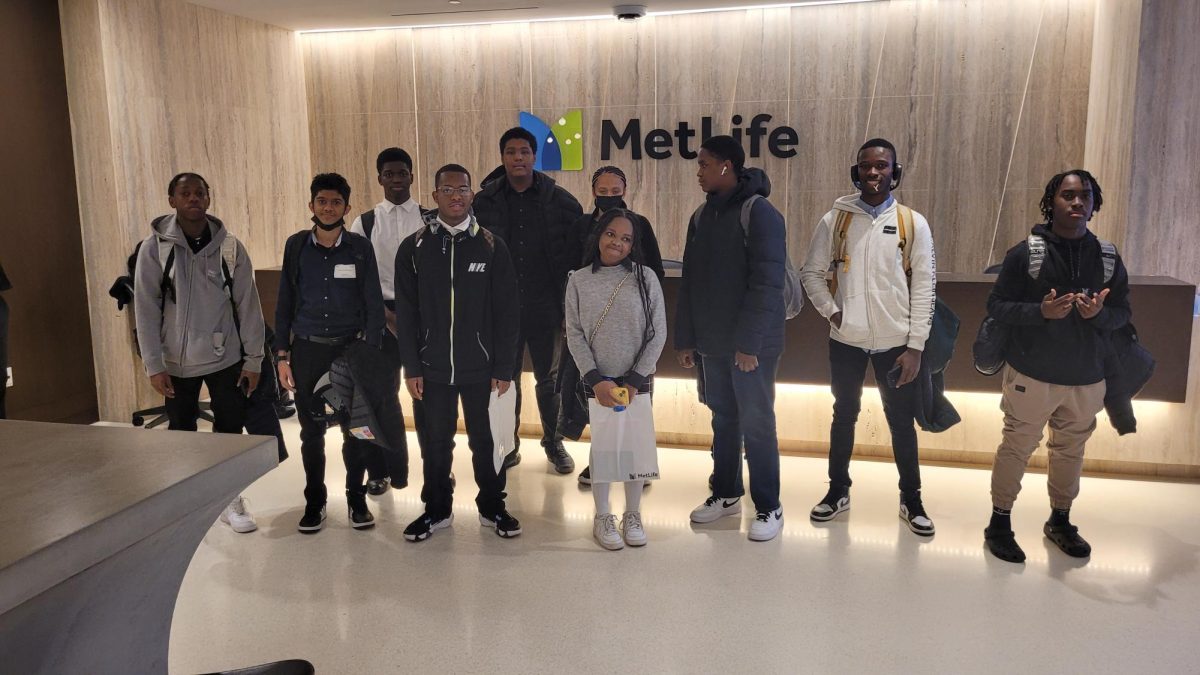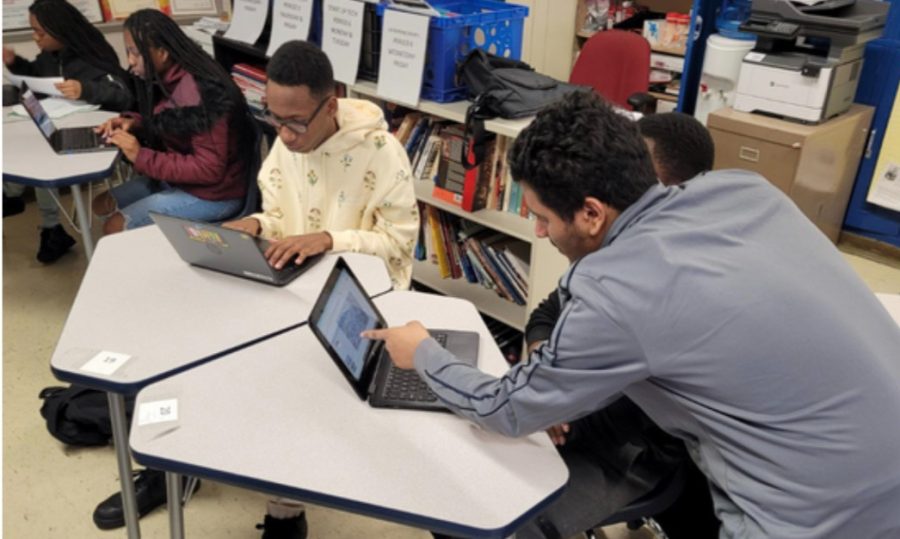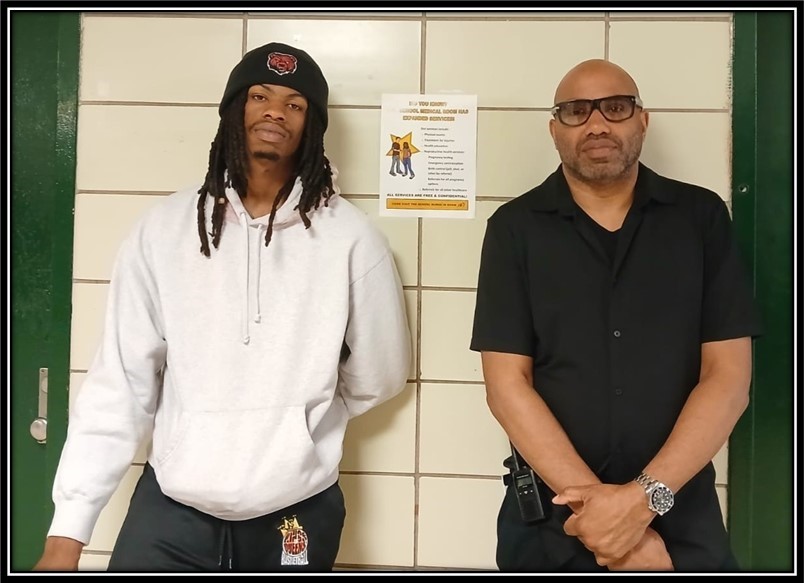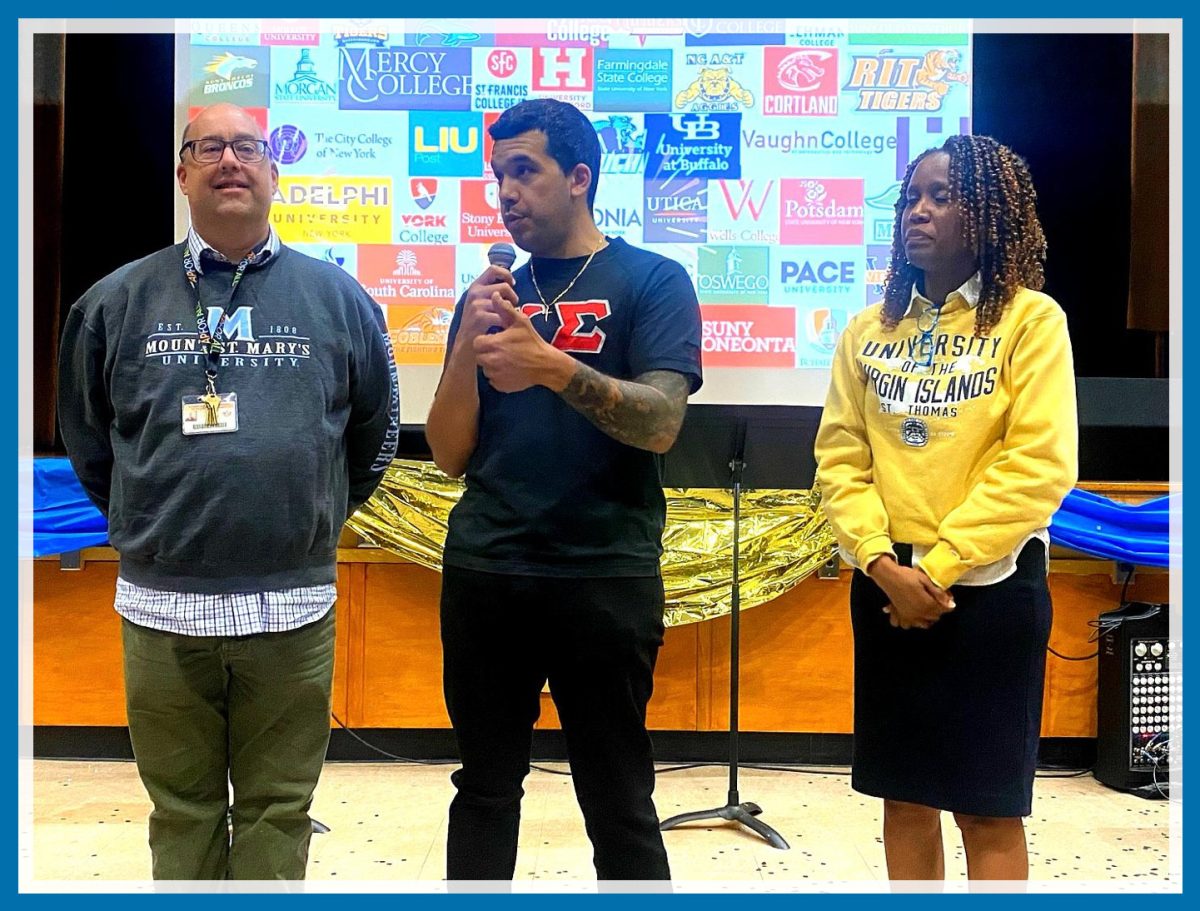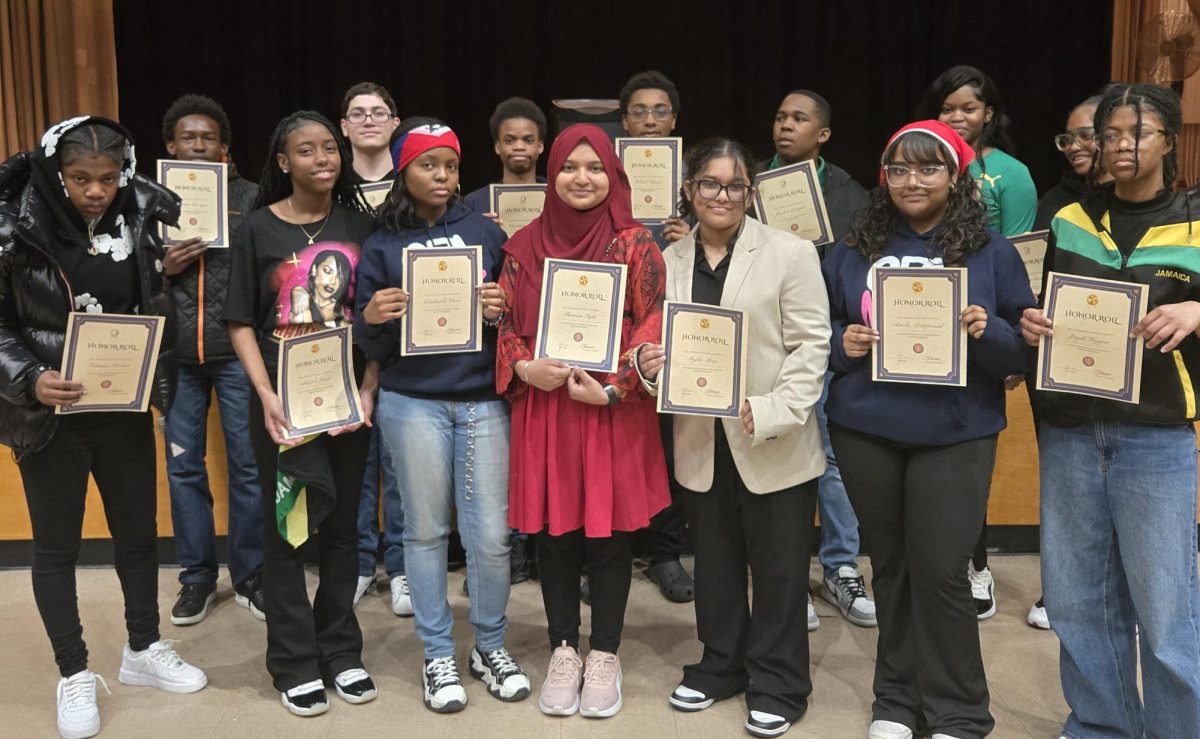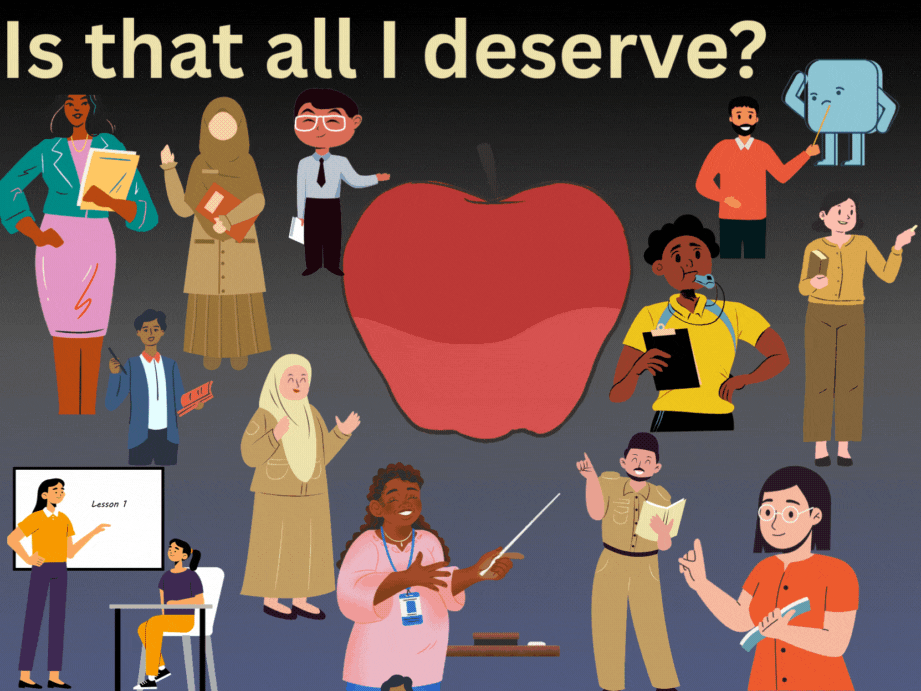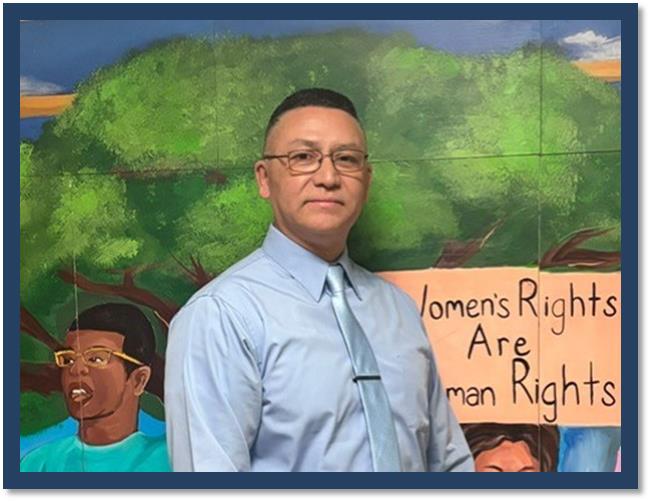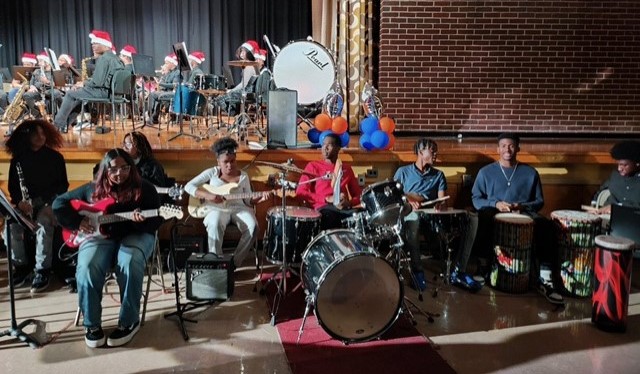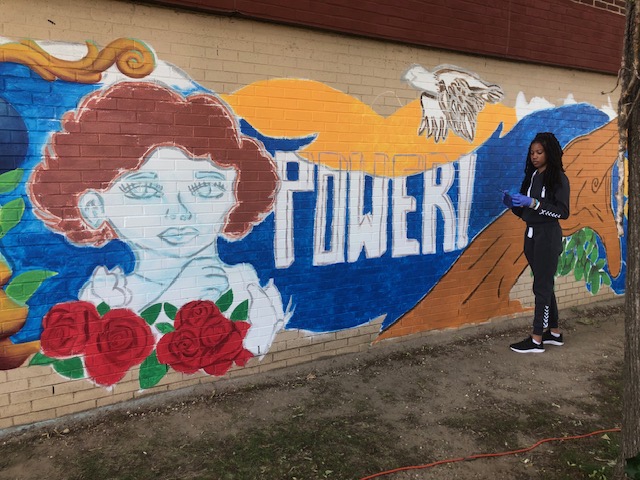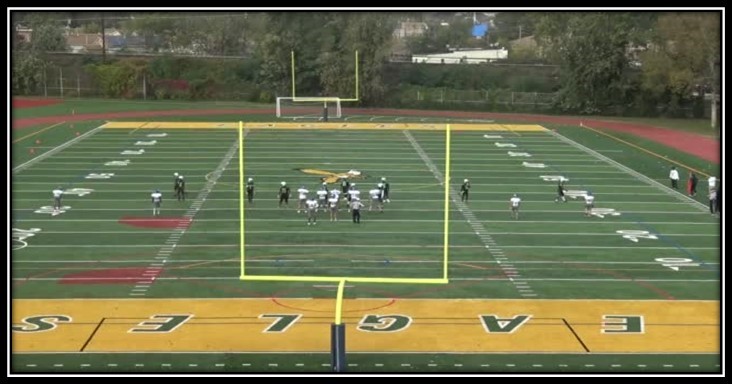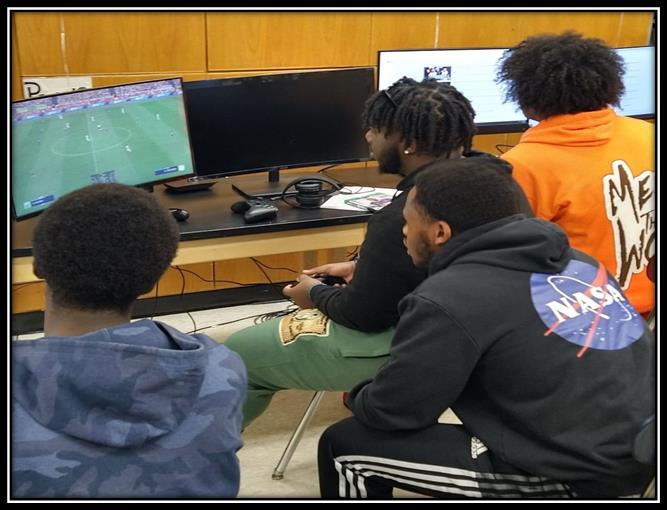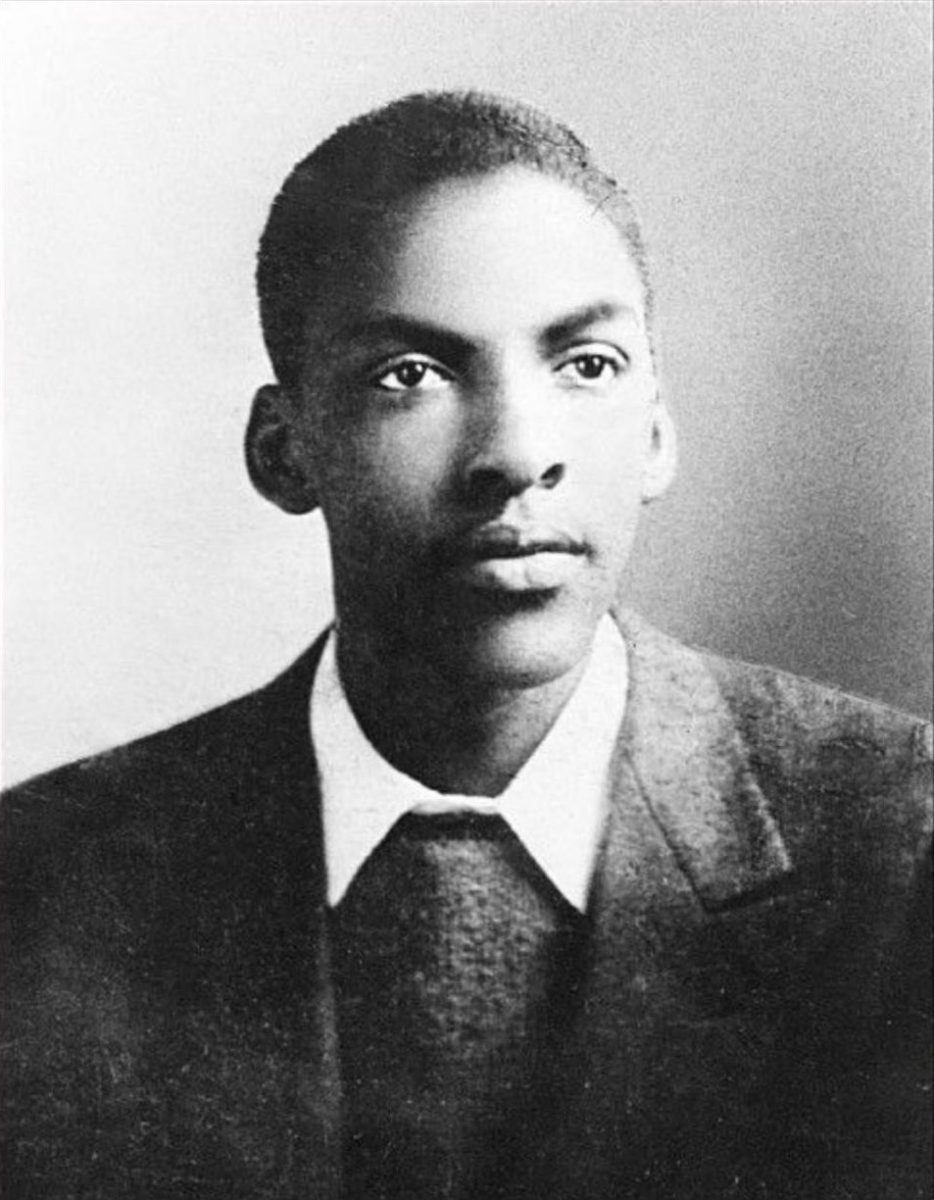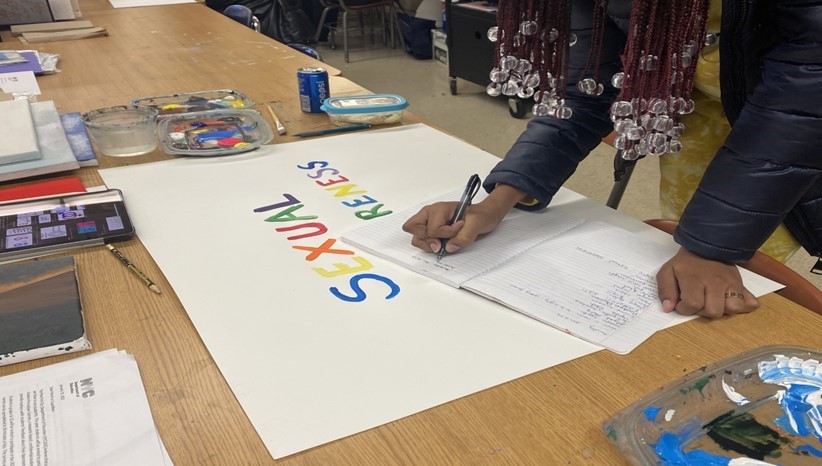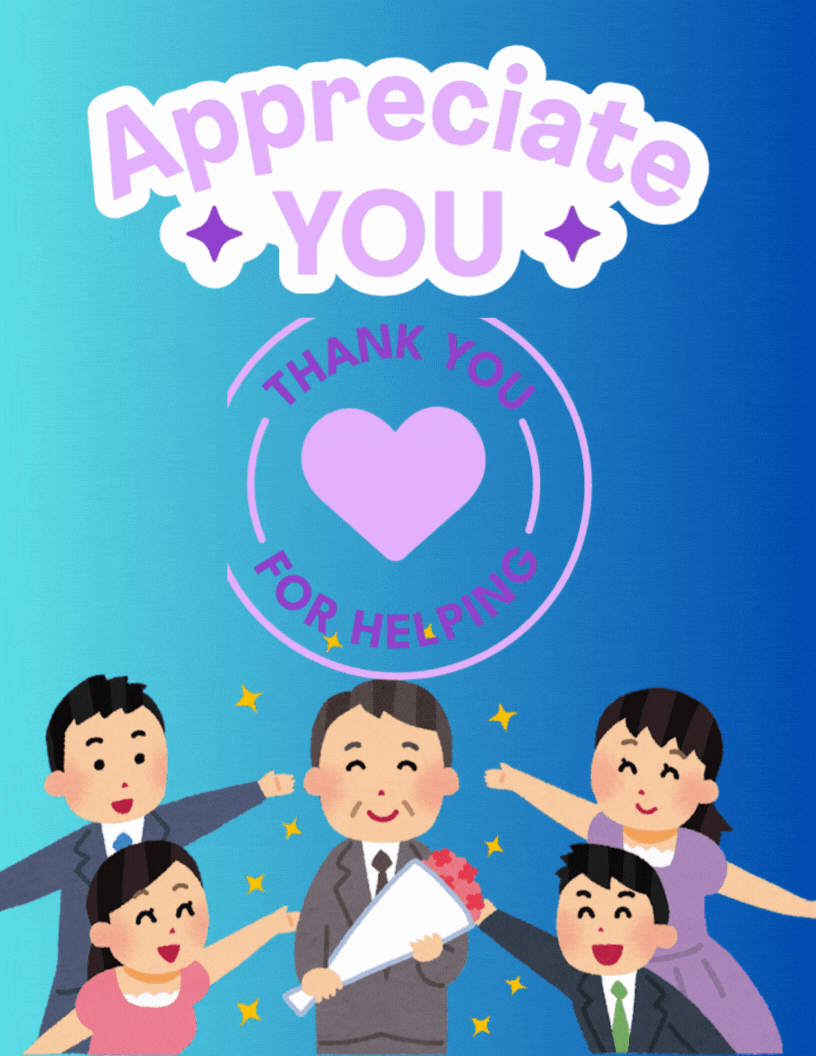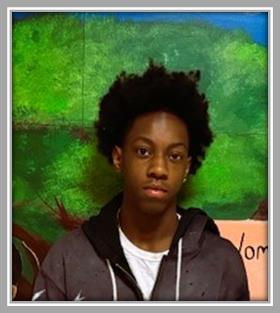Teachers are always attached to the classroom: assigning classwork, homework, tests, and grading. However, we must acknowledge they are way more than that. They are the backbone of education, shaping minds and inspiring future generations. What our future could have been without them is nothing pleasant. All these involvements, these great advancements, would have been impossible without someone to pass the knowledge down to the upcoming generation. And do we reward them? Very poorly.
What is a Teacher?
According to the University of the People, “Teachers are arguably the most important members of our society. They give children purpose, set them up for success as citizens of our world, and inspire in them a drive to do well and succeed in life. The children of today are the leaders of tomorrow, and teachers are that critical point that makes a child ready for their future.”
A teacher, by definition, is a guide, a mentor who accompanies a student on their education journey. They teach us how to read, write, and even think since their education shapes our minds and has a lot of power over the way we see things. With their passion for education and commitment to student growth, teachers leave a lasting impact on the lives of their students, empowering them to become lifelong learners and responsible members of society. There are various types of teachers, each specializing in different subjects, age groups, or educational needs, but they all share a common objective: to educate the upcoming generations.
How we see Them
Society pretty much sees teachers as an intermediary between the students and the knowledge, but this point of view really depends on where and by whom this teacher is getting evaluated. As they say, “Your value depends on where you are.” But this is interesting, because no matter how you perceive teachers, it is a result of another teacher’s work.
If the teachers you grew up with presented themselves as just a bridge between you and your education, that is what your opinion of a teacher will be. But on the other hand, if your teachers used to present themselves as a friend, parental figure, or just a bit more than just a worker, your opinion would be completely different. However, one thing we can all agree on is that teachers are crucial; they are the ultimate role models for students, and they shape leaders of the future by providing them with the ability to fulfill their expectations.
A Time for Recognition
Based on the facts above, one must admit it would be a shame not to acknowledge teachers’ importance in a celebration. This is why Teacher Appreciation Week was officially established in 1984 by the National Parent Teacher Association (PTA), which designated the first full week of May for celebrating educators.
Teacher Appreciation Week in 2025 ran from Monday, May 5, to Friday, May 9, with National Teacher Day falling on Tuesday, May 6. This a special occasion to show our love and recognition to our educators by celebrating them and recognizing their hard work and dedication. A cart, a candy, or just a simple thank you is what it takes to express gratitude, make them feel valued and appreciated.
Teacher Appreciation at QPA
Queens Preparatory Academy celebrated Teacher Appreciation Week from May 5-9, 2025. The celebration was vague, almost nonexistent, since not many students were aware that this week was so special. The majority of QPA students didn’t know, and we fear that there are still many in the dark. Principal Gumbs briefly acknowledged the occasion at some point during the week in her daily announcements, and then we had a brief talk about it at the community gathering, but that was about it.
When interviewed for this article, students responded, for example, “I think it was very nice” (Dwayne Nyarko-10th grade), which is code for “I have no idea about what you are asking me.” Their answers were as vague and dry as the week.
One student said, “In my opinion, it’s good that they made the week,” which, yes, is a positive, but they failed to pass on the message.
Taking Responsibility
The question remains: whose fault is it? Who should be on trial? The administration for not doing their usual marketing to educate the students about the event? The teachers, for just moving along with the flow? Or the students for not caring enough to remember? Well, one interesting fact that might shift our entire perspective is that the teachers celebrated among themselves during the week. The administration served them breakfast and lunch, so what does this mean? Is it a period during which students are not welcome at the celebration? It’s like having a kid-free wedding, so they don’t ruin the party.
Overall, we all need to understand the position of teaching in society’s development. Teachers have an impact on the children’s development. They have the power to change lives, which not only benefits those children but all involved. To close with QPA science teacher Yaacov Levy’s words, “As culture, it would be good for teachers to be appreciated by students.”






